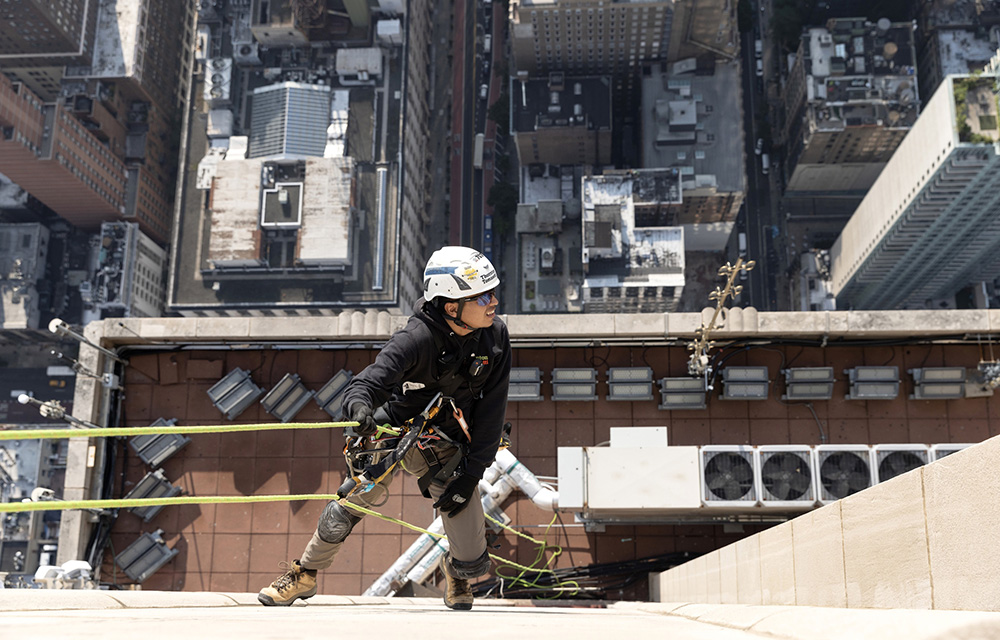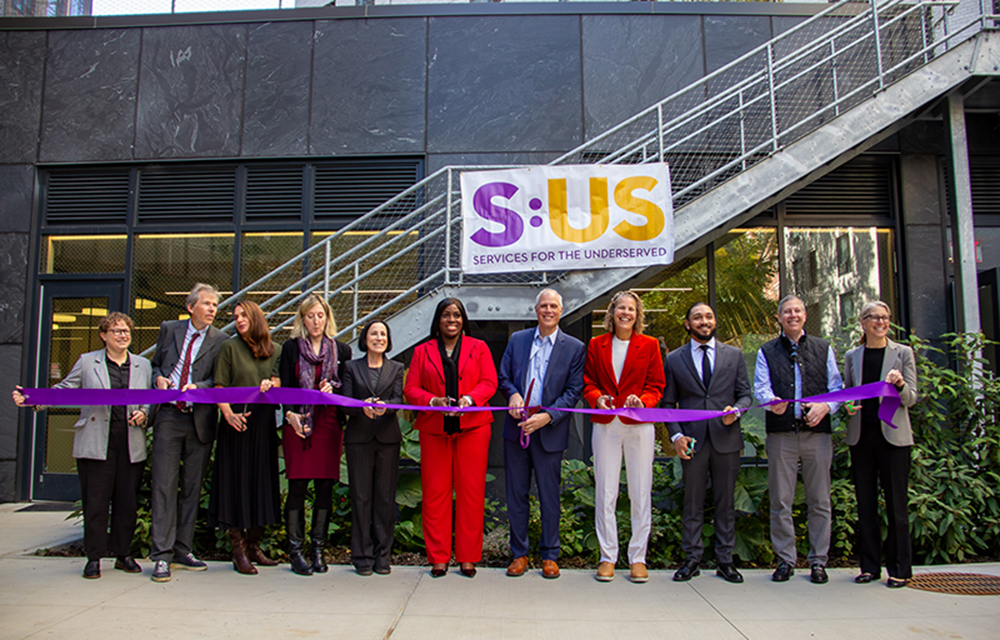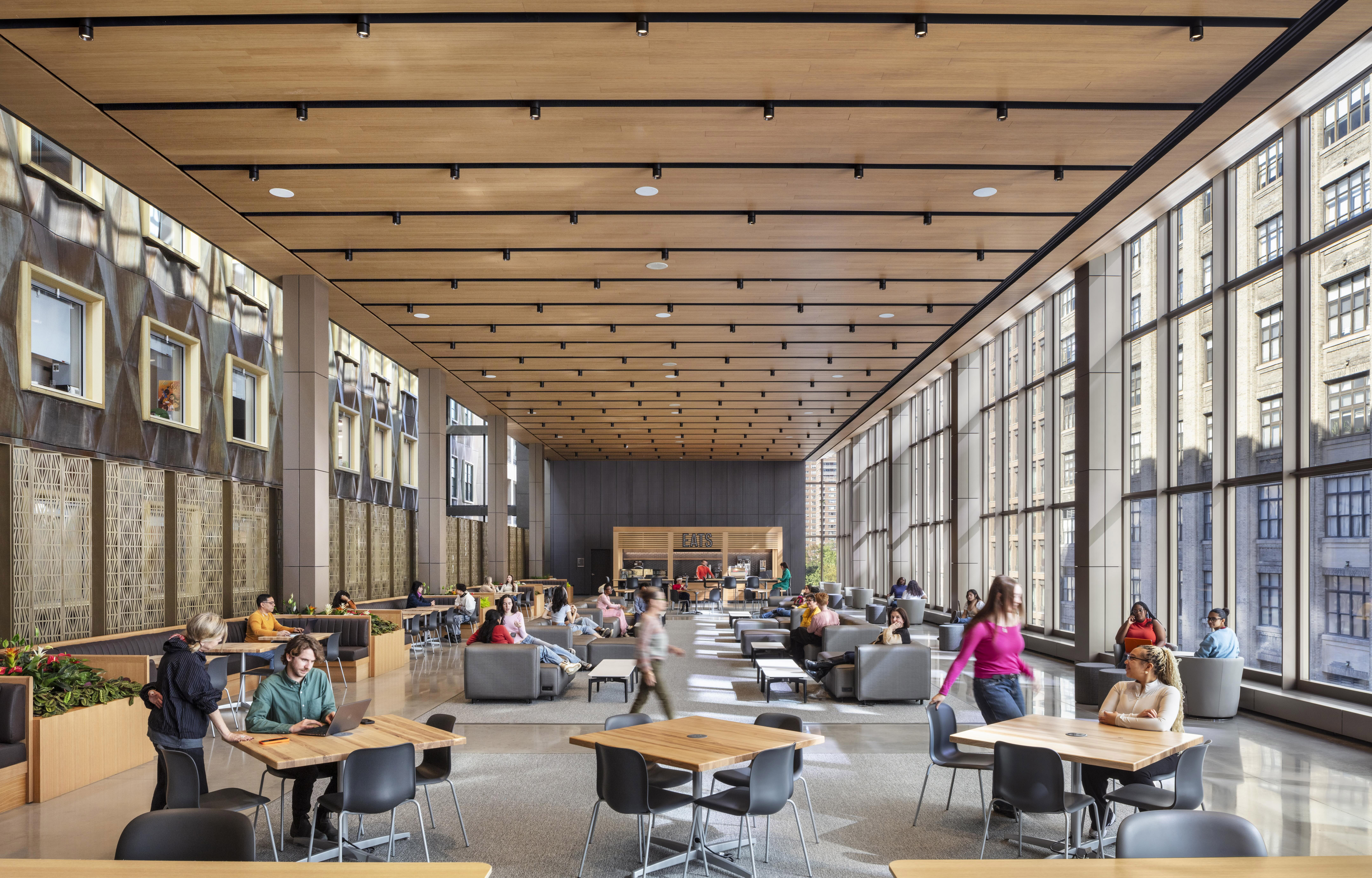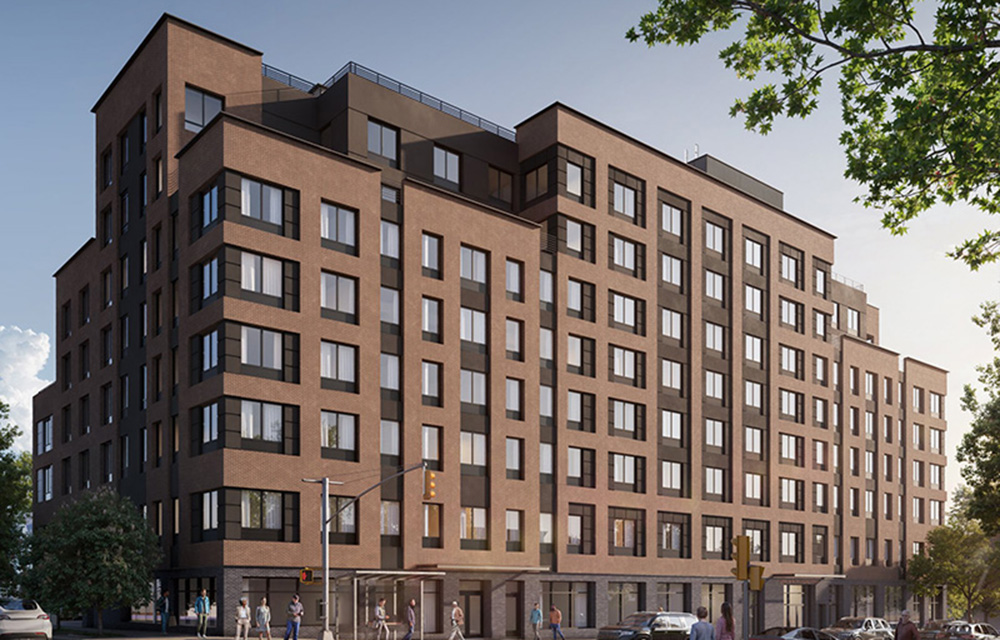Question of the Month: The next wave of rapid societal advancement: How do I get started on creating a Smart Building? - by Nora Swanson

We all know it’s coming – just like the rise of smart phones in the past decade – smart spaces and Smart Buildings are the next wave of rapid societal advancement. The most prevalent building automation systems currently installed are relatively static systems that have been around in some form since the 1980s. I’m sure I don’t need to remind you of all the things that have long become obsolete since the advent of the modern day Building Management System (BMS) – I’m looking at you, rotary phones and VHS tapes – so isn’t it about time our buildings caught up? With aging, long-term investments status quo can be hard to break since buildings work (for the most part) and the thought of major infrastructure renovations can be daunting, but given the pace of change – wouldn’t you like your building to be future-proofed?
In the past eight years, the number of Americans using smart phones has jumped from 35% to 81% – that is over 265 million people. This rise in usage is resulting in the demand for mass personalization and customization in all aspects of our lives – apps for everything! – a feature that is lacking in most buildings. Smart technologies may very well revolutionize facility operations and maintenance. The zettabytes of data collected from devices combined with preventative maintenance measures and digital twin applications will help strengthen and prioritize capital budgets. Smart Buildings see marked improvements in energy efficiency which benefits NYC, where the recently passed 80x50 legislation is proving to be a game-changer.
However, knowing the benefits of Smart Buildings and adopting intelligent technologies are two different things. So how can you feel confident that your Smart Building dreams will be realized? You need a Smart Building Technology consultant to facilitate road-mapping your strategy, write an integrated automation specification, and help to identify the best Master Systems Integrator (MSI) for your project.
The benefit of a Smart Building Technology consultant is in partnering with experts who can help you wade through the sometimes murky waters of intelligent installations. These experts understand your needs, roadmap both day-one and future Information Technology and Operational Technology priorities, and, ultimately, guide your unique Smart Building definition for the purposes of a specific project. They can act as an Owner’s Representative throughout the development, procurement, installation, and deployment processes. One of the most critical tasks undertaken by a Smart Building Technology consultant is developing the CSI Division 25 Integrated Automation Specification to ensure you are receiving comparable submissions when issuing a request for proposal from a master systems integrators (MSI). This specification deliverable and resulting MSI selection is crucial to Smart Building success.
MSIs are service providers that can create and program total interoperability between all disparate building systems resulting in a whole-building automation system. MSIs must have knowledge of all building systems, including HVAC, lighting, security, conveyance, IT, AV, way-finding, and more. If something is in any way automated or collects any data an MSI should be able to integrate that information seamlessly to achieve operational efficiency.
Division 25 Integrated Automation is a comprehensive specification detailing all of the building technology required to create your Smart Building Integration Platform. It is more than just identifying potential MSIs; it is the difference between a cohesive smart building installation and a fragmented one. Division 25 specifies the platform that will bring the multitude of disparate building systems together. Division 25 should define the standards required for a fully integrated building platform including hardware, software, roles, and responsibilities of all building system participants. It is where the line in the sand is drawn as to which contractor owns what scope. For example, the MSI will rely on many things under the responsibility of the Division 23 building controls contractor or the Division 26 lighting controls vendor, so it is important to have detailed in this specification the responsibilities of all parties.
Be warned, however: not all systems integrators are Master Systems Integrators. A true Smart Building installation is more than just a BMS on steroids, so not all vendors may be appropriate. Using your intelligent technology integration consultant’s expertise to verify that your MSI is capable of the type of cross-platform development required for true multi-system integration is a powerful way to ensure that you will be able to leverage your data and your technology installations for years to come.
Nora Swanson, PE, is the director of design technology at AKF Group, New York, N.Y.
NYC mayor and DOB release comprehensive façade inspection and safety study conducted by Thornton Tomasetti








.gif)
.jpg)

.gif)